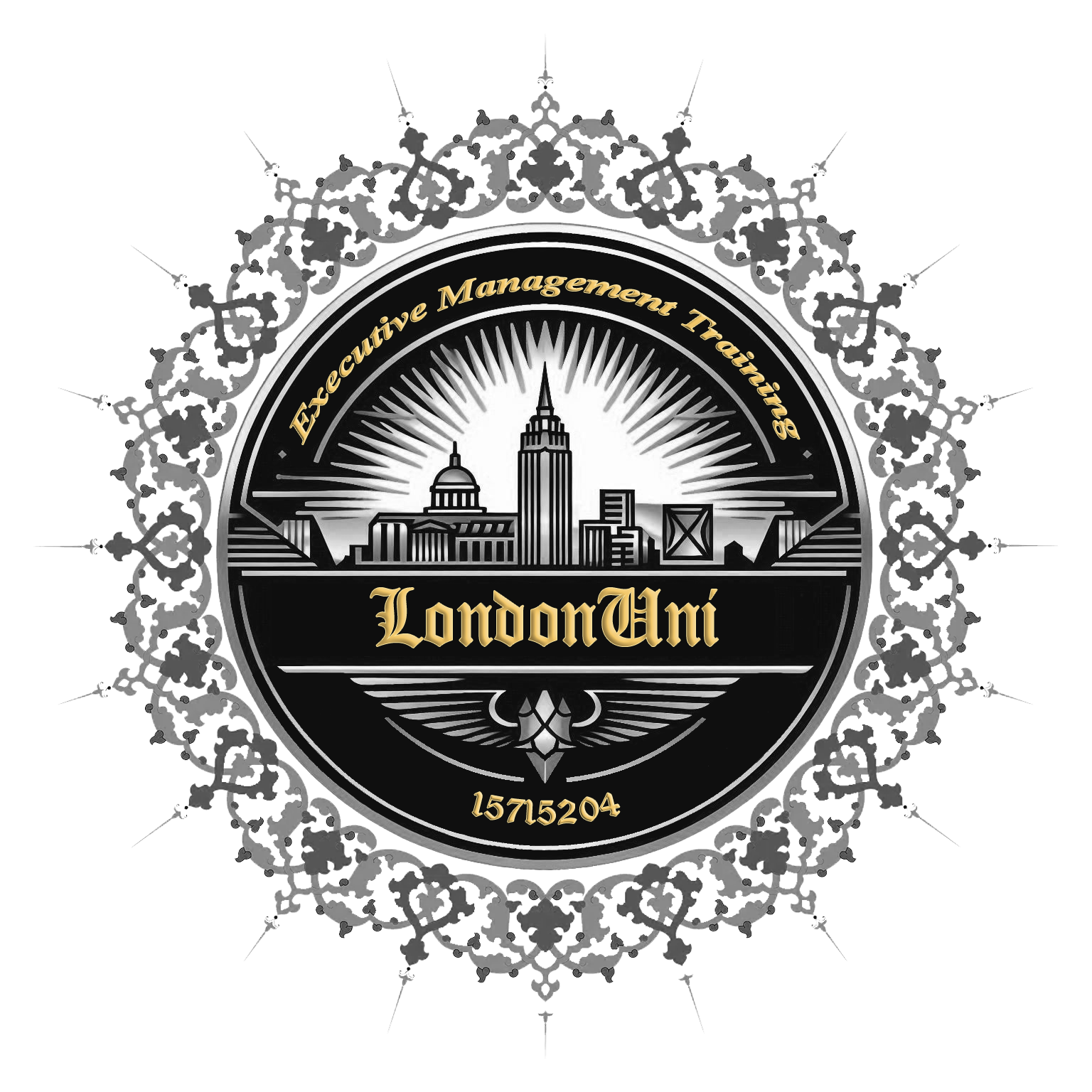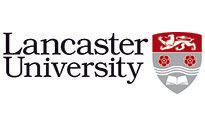
Managing Technology Change
Course ID: 2508040101281ESH
Course Dates : 04/08/25 Course Duration : 5 Studying Day/s Course Location: London, UK
Language: Bilingual
Course Category: Professional and CPD Training Programs
Course Subcategories: Operations and Process Excellence
Course Certified By: ESHub CPD & LondonUni - Executive Management Training
* Professional Training and CPD Programs
Leading to:
Executive Diploma Certificate
Leading to:
Executive Mini Masters Certificate
Leading to
Executive Masters Certificate
Certification Will Be Issued From :
From London, United Kingdom
Course Fees: £5,120.30
Vat Not Included in the price. VAT may vary depending on the country where the course or workshop is held.
Click to Pay
Date has passed please contact us Sales@e-s-hub.com
Course Information
Introduction
The rapid pace of technological advancement has fundamentally reshaped the way organizations operate, innovate, and compete. From artificial intelligence to cloud computing, emerging technologies offer unprecedented opportunities for growth and efficiency. However, these advancements also introduce significant challenges, particularly in managing the human and organizational dimensions of change. The ability to navigate technology-driven transitions effectively is no longer a luxury but a necessity for professionals across industries. This course, "Managing Technology Change," addresses this critical need by equipping participants with the tools, frameworks, and strategies to lead successful transformations.
One of the most pressing issues in technology adoption is resistance from employees and stakeholders. According to John Kotter’s seminal work on change management, over 70% of organizational change initiatives fail due to inadequate communication, lack of stakeholder engagement, or insufficient planning. These gaps often stem from a disconnect between technical implementation and human-centered considerations. By bridging this divide, this course empowers participants to anticipate potential roadblocks and design interventions that align technological innovation with organizational culture and goals.
Consider the case of a global retail chain that recently implemented an AI-powered inventory management system. While the technology promised cost savings and operational efficiency, its rollout was met with confusion and pushback from store managers who lacked training and clarity about their evolving roles. This example underscores the importance of integrating change management principles into technology deployment. Participants will explore real-world scenarios like this to understand how proactive planning and stakeholder engagement can turn potential failures into success stories.
The course draws on established theories such as Everett Rogers’ Diffusion of Innovations and Kurt Lewin’s Change Management Model to provide a robust theoretical foundation. These frameworks are complemented by insights from industry trends, including the rise of remote work technologies and digital transformation initiatives spurred by the pandemic. By blending theory with practice, participants will gain a nuanced understanding of how to apply these concepts in diverse contexts, whether they are leading small-scale process improvements or enterprise-wide digital overhauls.
For individuals, mastering the art of managing technology change enhances career prospects and leadership capabilities. Professionals who can seamlessly integrate technology with human-centered practices are highly sought after in today’s competitive job market. For organizations, effective change management translates into higher ROI on technology investments, improved employee morale, and sustained competitive advantage. This dual benefit makes the course a valuable asset for both personal and professional development.
Ultimately, "Managing Technology Change" is designed to equip participants with the skills to thrive in an era defined by constant disruption. By fostering a deep understanding of the interplay between technology, people, and processes, the course prepares learners to lead with confidence, adaptability, and strategic foresight. Whether you are navigating the complexities of a specific project or shaping the future direction of your organization, this program offers the insights and tools needed to succeed.
Objectives
By attending this course, participants will be able to:
Analyze the impact of technological change on organizational structures and workflows using established frameworks such as Kotter’s 8-Step Process.
Evaluate stakeholder needs and concerns to design targeted communication and engagement strategies.
Apply change management methodologies to create actionable plans for implementing new technologies.
Design training programs that address skill gaps and ensure smooth transitions during technology adoption.
Implement metrics and feedback mechanisms to monitor the effectiveness of change initiatives.
Assess risks associated with technology change and develop contingency plans to mitigate them.
Synthesize lessons learned from case studies to propose innovative solutions for complex change scenarios.
Who Should Attend?
This course is ideal for:
HR managers responsible for workforce development and change initiatives.
IT professionals tasked with rolling out new systems or tools.
Project managers overseeing technology-driven projects.
Consultants advising organizations on digital transformation.
Team leaders seeking to foster adaptability and resilience within their teams.
Training Method
• Pre-assessment
• Live group instruction
• Use of real-world examples, case studies and exercises
• Interactive participation and discussion
• Power point presentation, LCD and flip chart
• Group activities and tests
• Each participant receives a 7” Tablet containing a copy of the presentation, slides and handouts
• Post-assessment
Program Support
This program is supported by:
* Interactive discussions
* Role-play
* Case studies and highlight the techniques available to the participants.
Daily Agenda
Daily Schedule (Monday to Friday)
- 09:00 AM – 10:30 AM Technical Session 1
- 10:30 AM – 12:00 PM Technical Session 2
- 12:00 PM – 01:00 PM Technical Session 3
- 01:00 PM – 02:00 PM Lunch Break (If Applicable)
- Participants are expected to engage in guided self-study, reading, or personal reflection on the day’s content. This contributes toward the CPD accreditation and deepens conceptual understanding.
- 02:00 PM – 04:00 PM Self-Study & Reflection
Please Note:
- All training sessions are conducted from Monday to Friday, following the standard working week observed in the United Kingdom and European Union. Saturday and Sunday are official weekends and are not counted as part of the course duration.
- Coffee and refreshments are available on a floating basis throughout the morning. Participants may help themselves at their convenience to ensure an uninterrupted learning experience Provided if applicable and subject to course delivery arrangements.
- Lunch Provided if applicable and subject to course delivery arrangements.
Course Outlines
Foundations of Technology Change
Overview of key drivers and trends in technological innovation.
Introduction to change management theories (Kotter, Lewin).
Understanding the psychological impact of change on individuals and teams.
Identifying barriers to successful technology adoption.
Day 2:
Stakeholder Engagement and Communication
Mapping stakeholder influence and interests.
Crafting compelling narratives to communicate change.
Techniques for overcoming resistance and building buy-in.
Role-playing exercises to practice stakeholder conversations.
Day 3:
Planning and Implementation
Developing a step-by-step change management plan.
Aligning technology rollouts with business objectives.
Creating timelines and resource allocation strategies.
Tools for tracking progress and adjusting plans dynamically.
Day 4:
Training and Skill Development
Conducting needs assessments to identify skill gaps.
Designing effective training programs for diverse audiences.
Leveraging e-learning platforms and blended learning approaches.
Measuring the impact of training on user adoption rates.
Day 5:
Monitoring, Evaluation, and Continuous Improvement
Establishing KPIs to measure the success of change initiatives.
Collecting and analyzing feedback from end-users and stakeholders.
Addressing post-implementation challenges and refining processes.
Building a culture of continuous improvement and adaptability.



















































